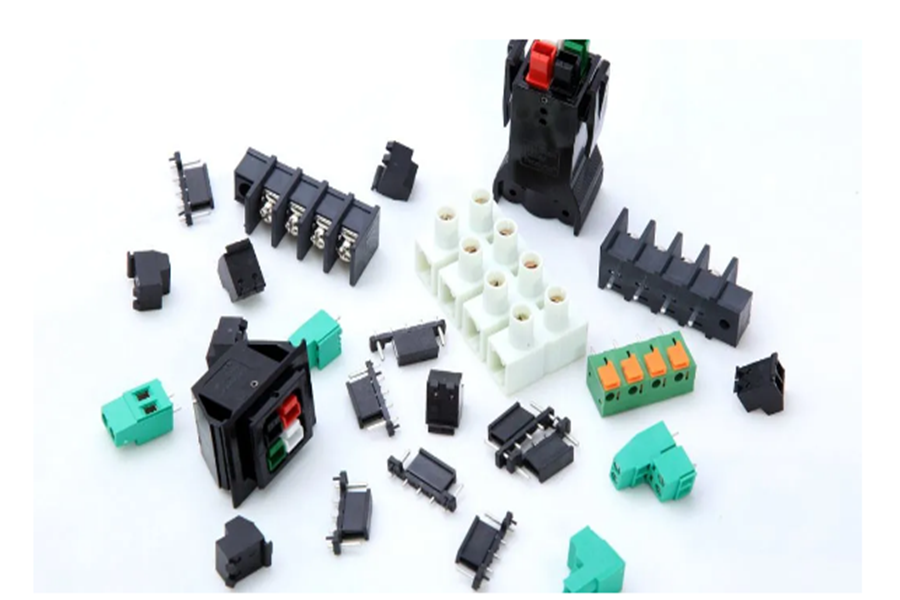Hearing aids are the most common treatment for hearing loss. Today’s hearing aids come in many styles, and offer features and technologies not available in years past.
For the millions of Americans who have hearing loss, hearing aids are usually the best option to help correct untreated hearing loss and resume a high quality of life. Many types and styles are available to suit every preference and lifestyle.
What is a hearing aid?
JH-A39 rechargeble hearing aid
A typical behind-the-ear hearing aid. This model is the digital hearing aid.
Hearing aids are small electronic devices that can be highly customized to address different types of hearing loss. All digital hearing aids contain at least one microphone to pick up sound, a computer chip that amplifies and processes sound, a speaker that sends the signal to your ear and a battery for power.Unlike other ITC hearing amplifiers, ours won’t fall off easily. Special mini micro processor technology is used in order to give you powerful sound amplification. Also, the earpieces are totally safe for your ears. No matter how long you wear them, they won’t bother you.
How do hearing aids help with hearing loss?
A hearing aid amplifies the sounds going into the ear. They are most often prescribed for people who have a type of hearing loss known as “sensorineural,” meaning that some of the tiny hair cells of the inner ear are damaged. The surviving healthy hair cells pick up the sound delivered by the hearing aid and send them as neural signals to the brain via the auditory nerve.
For people with mild-to-moderate hearing loss, standard hearing aids work best. “Power” models are often used for people who have severe-to-profound hearing loss.
How do I get hearing aids?
Hearing aids are typically recommended if your hearing test results show hearing loss across several pitches (or frequencies). Hearing aids are sold at hearing and audiology clinics across the U.S., as well as online. Our extensive directory of consumer-reviewed hearing centers can help you find a local clinic.
What type of hearing aid is best for me?
A receiver in the ear canal hearing aid.
An example of a receiver-in-the-ear hearing aid that sits behind the ear.
Hearing aids can be classified into two main groups: in-the-ear (ITE) styles and behind-the-ear (BTE) styles.
Our guide to hearing aid types and styles discusses many options available to you. Sizes range from virtually invisible to filling the entire bowl of the ear. Your hearing care professional will be a vital asset in helping you pick the best style for you. You might also find it helpful to review the basic parts of a hearing aid.
Who makes hearing aids?
JingHao hearing aid manufacturers that offer the latest hearing device technology. Hearing aid companies invest heavily in research and development to bring devices to market that address the diverse needs of people with hearing loss. We also strive to offer hearing aids that can accommodate all wearers’ budgets.
Most hearing care professionals are familiar with multiple manufacturers’ products and have the supplies and software they need to successfully fit their devices. When you visit a hearing care professional, you will discuss your hearing test results, lifestyle needs and budget. Your provider will help you select the most appropriate manufacturer and best product just for you.
Hearing aid technology
Many of the hearing aids produced today use telecoils and wireless technology. Telecoils improve hearing in public settings, such as theaters and airports. Meanwhile, wireless technology allows two hearing aids (one on each ear) to communicate with each other and essentially operate together as one complete hearing system. It also means hearing aids can connect to external sources of sound that are transmitted wirelessly, such as via Bluetooth.
Hearing aid fitting
Once a hearing healthcare professional recommends hearing aids for you, a number of factors will be considered when selecting and fitting a device. The best fit for you will depend not only on the severity and type of hearing loss you have but also your budget, cosmetic preferences, career demands and other concerns.
Because hearing aids are personalized, not every brand, style or technology level of hearing aid is suited for everyone. Even two people with the same hearing loss may end up with different hearing aids based on other selection criteria. This can make comparing hearing aids difficult. It’s best to talk to your hearing healthcare provider about what options and features are ideal for you.
Will I hear better right away?
Yes, but your new hearing aids may take some time to get used to. Hearing healthcare professionals will perform an initial fitting where they fine-tune features and adjust levels to ensure you are getting the most benefit from the devices.
How much do hearing aids cost?
Hearing aids are sometimes described as tiny computers for your ears. Because of the sophisticated technology and miniature size, hearing aid prices can range from less than $1,000 to as much as $4,000+ per ear for the very best technology. Features, size and level of personalization can all account for differences in cost.
Will insurance cover my hearing aids?
Most adults pay out-of-pocket for hearing aids, because they’re not routinely covered by medical insurance. Still, it’s a good idea to check with your insurance provider to see if they offer any discounts. For children, insurance is more likely to cover hearing aids—check with your provider to find out what’s available to you.
Where can I buy cheap hearing aids?
If you’ve been trying to find information on cheap hearing aids, we understand. Many people are curious to know where they can buy affordable or low-cost hearing aids that fit within their budget and are still high-quality devices. If you haven’t already, we encourage you to see a hearing care professional. Let them know you’re on a fixed income and what kind of price you’re hoping to pay. In many cases, they will work as diligently as they can to find you a hearing device that works best for you.
Hearing aid upkeep
While many hearing healthcare professionals offer hearing device cleaning at no cost, it is a good habit to learn daily maintenance and cleaning to protect your investment.
Many hearing aid problems can be easy to troubleshoot at home or with the help of your hearing care provider.
Do I really need hearing aids?
If your hearing test shows hearing loss, yes. While it can be hard to accept that you need hearing aids, going without them increases your risk for a host of social and medical problems, including isolation, cognitive decline and depression.
HUIZHOU JINGHAO MEDICAL TECHNOLOGY CO., LTD.focuses on the development of high-precision technology that based on the hearing aid industry.In the past 10 years,with hearing aids as a masterstroke, Jinghao Medical has rapidly developed into a comprehensive high-tech enterprise that integrating research and development, production and sales.Quality is the fundamental guarantee of value and brand.Quality is the fundamental guarantee of value and brand.JINGHAO,always adhere to this concept, practice and move ahead.With the standard of quality, we are creating a quality culture and craftsmanship among all JINGHAO persons.
JINGHAO, TO BE BETTER.
More Informations about our hearing aids,pls visit https://www.hearingaidssupplier.com/
Link:Some hearing aid knowledge you need to know before finding the right hearing aid
REF: Hearing Aids Supplier , Hearing Aids Types, Digital Hearing AidsThe article comes from the Internet. If there is any infringement, please contact service@jhhearingaids.com to delete it.







Think about future needs. Ask whether the hearing aid you’ve chosen is capable of increased power so that it will still be useful if your hearing loss gets worse. Check for a warranty. Make sure the hearing aid includes a warranty that covers parts and labor for a specified period. Some offices may include office visits or professional services in the warranty.
Getting used to a hearing aid takes time. You’ll likely notice your listening skills improve gradually as you become accustomed to amplification. Even your own voice sounds different when you wear a hearing aid.